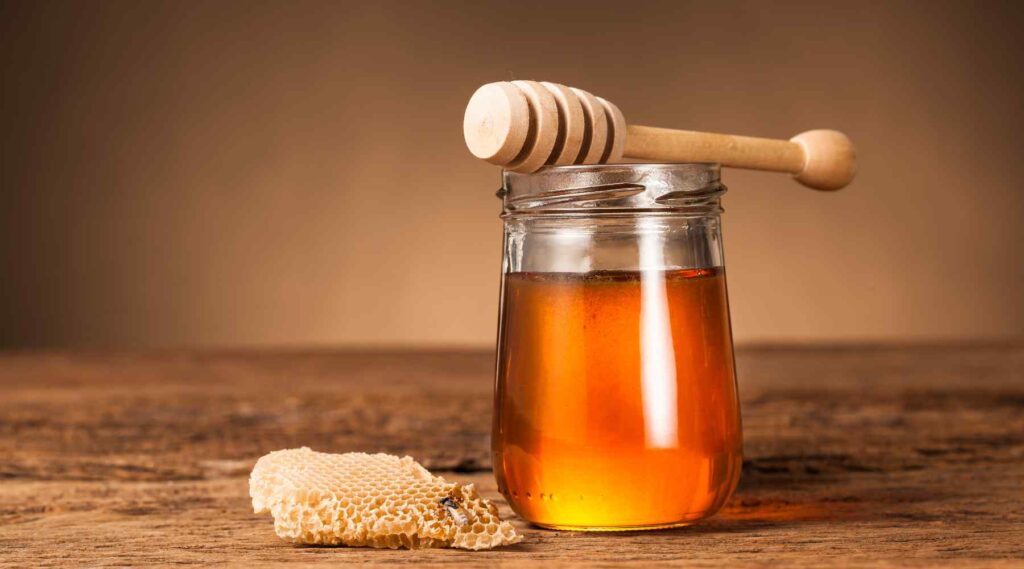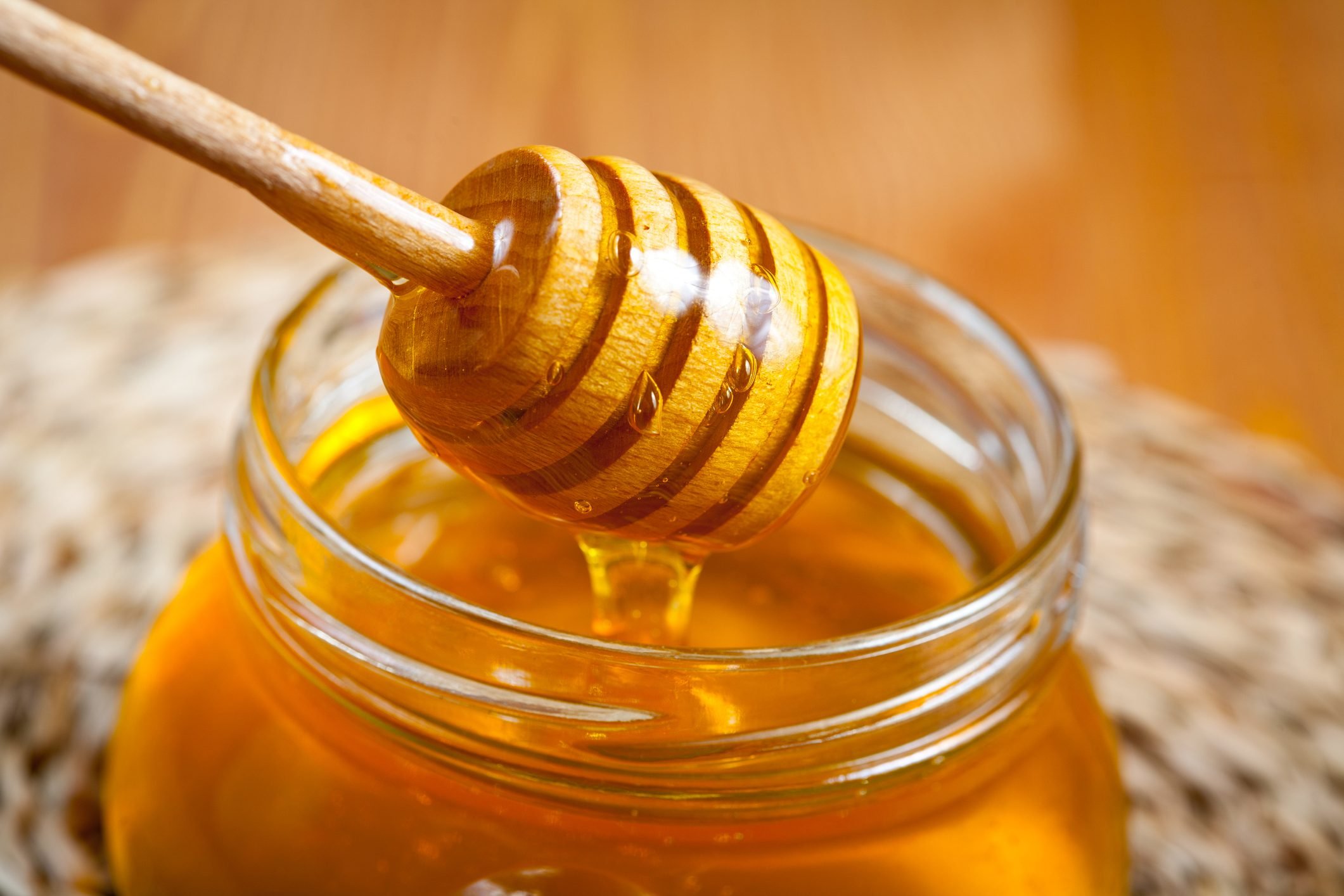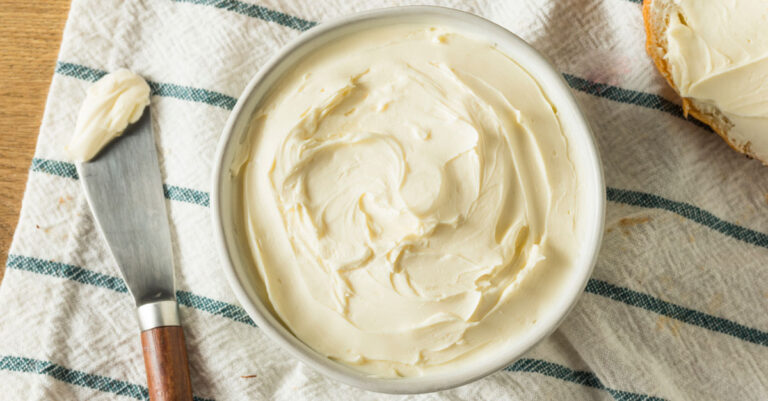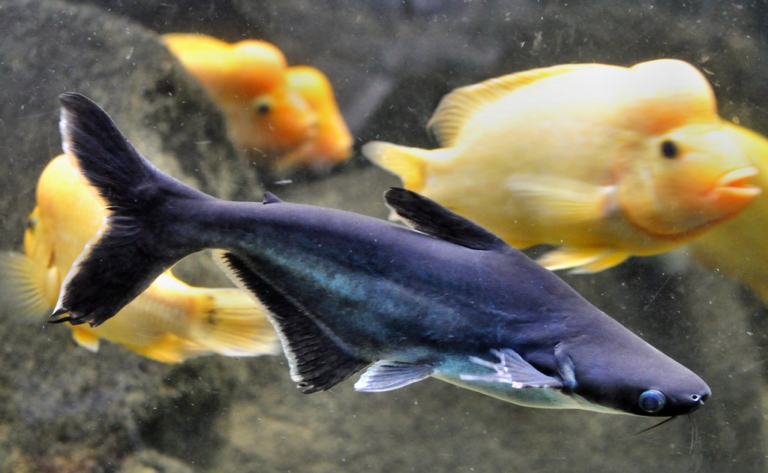Why Does Honey Taste Bad to Me? Personal Taste Variations
Have you ever tried honey and thought, “Why does this taste weird?” I’ve been there too. I once had honey that didn’t taste like I expected. If you’ve ever wondered about it, you’re not alone, and we’ll figure it out together.
The perception that honey tastes bad to some individuals can be attributed to several factors. Firstly, honey’s flavor can vary significantly depending on the floral source from which bees collect nectar. Different types of honey, such as clover or buckwheat, possess distinct flavor profiles, and not everyone may appreciate every variety.
Secondly, taste preferences are highly individual, influenced by genetic factors and taste receptors. What one person finds delightful, another might perceive differently due to their unique palate.
Lastly, improper storage conditions, exposure to light, or temperature fluctuations can affect honey’s quality and taste. These factors combined highlight the subjectivity of taste, making honey a food that may not appeal to everyone’s taste buds.
Honey Varieties and Taste

Honey, often described as liquid gold, is a sweet treat derived from the nectar collected by bees from various flowers and plants. The diverse sources of nectar result in a wide array of honey varieties, each with its unique flavor profile and characteristics.
Clover honey is one of the most common and widely available types. It boasts a mild, delicate, and slightly floral flavor, making it a favorite for general use and as a sweetener in tea.
On the opposite end of the spectrum is buckwheat honey, known for its robust and bold taste. It often carries a deep, molasses-like richness and is prized for its potential health benefits.
Wildflower Honey, this honey is a delightful medley of nectars from various wildflowers. It offers a balanced and complex flavor, reflecting the diversity of blooms the bees visited.
As the name suggests, Orange Blossom Honey, this honey is harvested from orange tree blossoms. It has a distinct citrusy aroma and a sweet, fruity taste, making it a popular choice for desserts and breakfast dishes.
Lavender honey is a specialty variety celebrated for its light lavender fragrance and delicate floral notes. It pairs exceptionally well with cheeses and pastries.
Hailing from New Zealand, Manuka honey is renowned for its unique, earthy flavor and potential health benefits. It contains high levels of methylglyoxal, believed to have antibacterial properties.
Acacia honey is prized for its exceptionally light and mild taste. It remains liquid for a long time due to its high fructose content, making it a favorite for drizzling over fruits.
With a distinctive, slightly medicinal aroma and a bold, sweet flavor, eucalyptus honey is a popular choice for soothing sore throats and coughs.
Avocado honey has a buttery and creamy taste with subtle notes of avocado. It’s often sought after for its unique and rich flavor.
Sage honey carries the essence of sage plants, offering a mild, herbal, and slightly spicy flavor. It’s an excellent pairing for cheeses and savory dishes.
How Does Temperature Affect the Taste of Honey?
The taste of honey can be surprisingly sensitive to temperature variations. While honey is known for its natural sweetness, the temperature at which it’s stored and exposed to can influence its taste and overall quality.
One of the most noticeable effects of temperature on honey is crystallization. When honey crystallizes, it becomes thicker and can take on a different texture. The rate of crystallization can be influenced by temperature. Honey stored at cooler temperatures tends to crystallize more quickly than honey stored in warmer conditions.
Furthermore, temperature can also subtly alter the flavor of honey. When honey is exposed to high temperatures, whether during storage or in recipes that involve heating, it can undergo changes in taste. Some people may detect differences in the sweetness or subtleties of the honey’s flavor.
However, the temperature at which you consume honey can affect its consistency. Honey stored in a cold environment may become thicker and less pourable, while warmer temperatures can make it more fluid.
Proper temperature control is essential to maintain honey’s quality and taste. Storing honey in a cool, dark place with a tightly sealed lid helps preserve its freshness and flavor. Avoid exposing honey to extreme heat, as this can lead to flavor alterations and, in some cases, the breakdown of beneficial enzymes and antioxidants.
Generally, it’s advisable to steer clear of heating honey beyond 140 degrees Fahrenheit (60 degrees Celsius). If you find the need to warm honey, do it gently and for the shortest duration possible. This approach helps maintain its quality and flavor.
Does honey have a bitter component?
Honey can indeed possess a bitter component, and this attribute can be attributed to the presence of specific compounds, including tannins, polyphenols, and methylglyoxal. The degree of bitterness in honey varies based on several factors, including the type of honey, the source of the nectar, and the processing techniques employed.
Certain honey varieties, like buckwheat honey and manuka honey, are renowned for their bitter notes. This is because they contain elevated levels of tannins and polyphenols, compounds known for their bitter or astringent taste. On the other hand, honey types such as clover honey and acacia honey tend to be sweeter and less bitter, as they have lower concentrations of these compounds.
The bitterness of honey can also be influenced by the processing methods utilized. For instance, subjecting honey to heat can intensify its bitterness. This occurs because heat can trigger the breakdown of specific compounds, including tannins and polyphenols.
It’s essential to note that bitter honey is perfectly safe to consume and may even offer some health advantages. Research suggests that bitter honey possesses antioxidant and anti-inflammatory properties.
If you find the bitter taste of honey unappealing, there are a couple of strategies you can employ. You might consider trying a different honey variety, such as clover or acacia honey, which tends to be less bitter. Additionally, gently heating the honey can help reduce its bitterness.
Heating honey to temperatures of 40 degrees Celsius (104 degrees Fahrenheit) or higher can trigger chemical changes in the honey that result in a bitter taste.
Why Do Microorganisms Exist in Honey and Is It Safe to Consume?
Honey contains natural microorganisms like bacteria, yeast, and molds, which can originate from pollen, the bees’ digestive system, dust, air, dirt, and flowers.
Due to honey’s antimicrobial properties, these microorganisms exist in very small numbers and cannot multiply significantly, making them generally safe for consumption.
However, around 5-15% of honey samples may contain spores of the neurotoxin C. botulinum in minuscule quantities. Normally, bees store honey in their hives and dehydrate it, ensuring it contains less than 18% water, which reduces the risk of fermentation and spoilage.
If honey is harvested too early, it may contain over 25% water, increasing the likelihood of fermentation and an altered taste. When honey is left open or improperly sealed, its water content can rise above the safe level of 18%, elevating the risk of fermentation.
Despite these considerations, honey’s unique properties, including its low water content and high acidity, typically prevent spoilage by inhibiting the growth of most harmful microorganisms like bacteria and molds.
While honey may undergo natural changes over time, such as crystallization, color variation, and subtle flavor shifts, these alterations do not indicate spoilage and are part of honey’s charm.
Proper storage in a sealed container at room temperature is essential to maintain its quality, preventing the entry of moisture or contaminants that could promote bacterial growth. It is rare, but buying honey from reputable sources is advisable to ensure its safety and quality.
Does Natural Honey Taste A Bit Sour?

No, natural honey is not typically sour in taste. Natural honey is primarily known for its delightful sweetness and is not typically associated with a sour taste.
Honey is a product of bees collecting nectar from various flowers and plants, and its flavor can vary depending on the botanical source. These variations often result in nuanced and complex flavor profiles, adding to honey’s appeal.
While it’s true that honey can have subtle variations in taste, such as floral or herbal undertones, sourness is not a common characteristic. In fact, a sour taste in honey is considered unusual and might indicate certain factors affecting its quality.
One possible reason for honey tasting sour is fermentation. Fermentation occurs when yeast or other microorganisms convert the natural sugars in honey into alcohol and organic acids. This can result in a sour or off-flavor.
Fermentation is more likely to happen if honey has been exposed to excessive moisture or if its water content is too high. Properly processed and stored honey typically has low water content, which inhibits fermentation.
Another factor that can contribute to sourness in honey is spoilage. Honey is known for its natural preservative properties, but if it becomes contaminated with foreign substances or moisture, it can spoil. Spoiled honey may develop a sour taste and should not be consumed.
In summary, while honey’s flavor can exhibit variations based on its botanical source, sourness is not a common or desirable characteristic of natural honey.
If you encounter honey with a sour taste, it’s advisable to assess its quality, check for signs of fermentation or spoilage, and ensure that it has been properly stored in a cool, dry place with a tightly sealed lid to maintain its freshness and delicious, sweet flavor.
FAQ
Why does raw honey taste weird?
Raw honey may taste weird to some due to its unprocessed nature, which retains natural flavors and textures from the hive. Variations in floral sources and processing can result in unique taste experiences.
What does fake honey taste like?
Fake honey often tastes overly sweet and lacks the complex flavors of real honey. It may have a one-dimensional sugary taste, lacking the subtle floral notes found in authentic honey.
Does honey expire?
Honey does not expire. It has natural preservatives, such as low water content and high acidity, that prevent spoilage. Over time, honey may crystallize, but it can be gently warmed to return to its liquid state.
Why does my mouth feel weird after eating honey?
A weird sensation after consuming honey could be due to individual taste sensitivity or the presence of pollen allergens. If discomfort persists, consult a healthcare professional.
Can I lick raw honey?
Yes, you can lick raw honey. It’s a delicious way to enjoy its natural sweetness. Be sure to use a clean utensil or your finger for hygienic consumption.
Does real honey taste bitter?
Authentic honey should not taste bitter. It is primarily known for its natural sweetness, with subtle variations depending on the floral source. Bitterness may indicate poor quality or spoilage.
Does real honey taste sour?
Real honey generally does not taste sour. It should have a pleasant sweetness, possibly with floral or earthy undertones. Sourness could signal fermentation or spoilage.
Should you brush your teeth after eating honey?
It’s advisable to rinse your mouth with water after consuming honey to remove any residual sugars that may promote tooth decay. However, avoid brushing immediately, as honey’s acidity could temporarily soften tooth enamel.
How do I know if I am allergic to honey?
If you suspect a honey allergy, watch for symptoms like hives, itching, swelling, or difficulty breathing after consuming honey. Consult an allergist for proper diagnosis and guidance.
Final words
In the world of flavors, honey stands as a beloved and versatile ingredient, celebrated for its natural sweetness and unique taste.
Variations in honey types, individual taste sensitivity, and external factors like storage and temperature can influence how honey is perceived by our taste buds.
Remember, taste is a highly individual experience, and what may not appeal to one person can be a delight to another.
So, if you’ve found honey to taste less than perfect at times, rest assured that you’re not alone. Embracing the diverse world of flavors, including the occasional complexities of honey, adds depth to our culinary experiences. With a little understanding and a willingness to explore different honey varieties, you can continue to enjoy the golden goodness that honey brings to your table.






